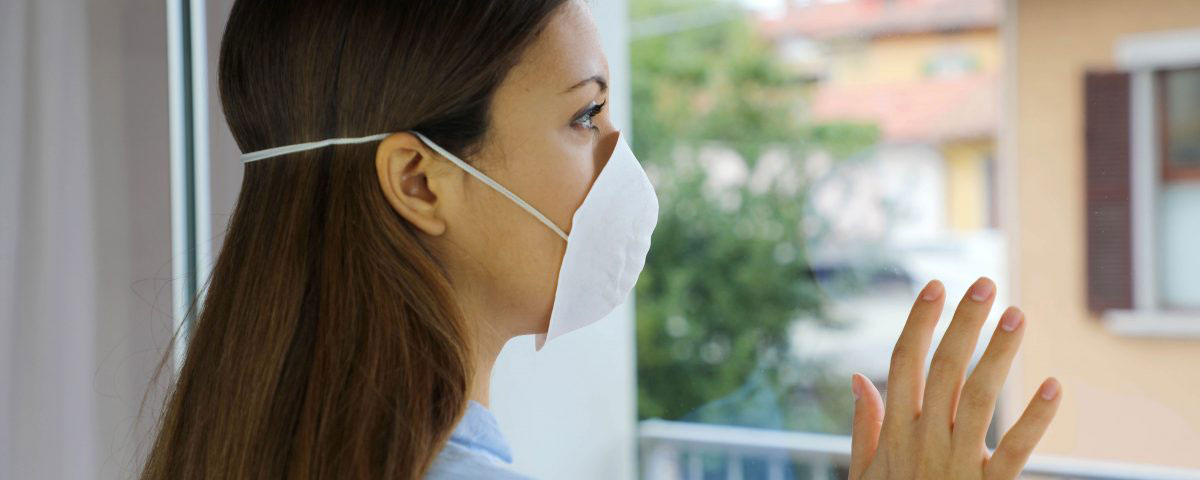Avoiding isolation in addiction recovery can be difficult.
Isolation can be dangerous when you’re recovering from a drug or alcohol addiction because we tend to be our own worst enemies. Our drug and alcohol treatment center in Stuart knows that loneliness is a common contributing factor to relapse. To help those in sobriety stay on track, we’re sharing the risks of isolation in recovery and how they can be avoided.
Understanding The Risks of Isolation in Recovery
Is isolation bad while you are in recovery? Yes, it can be. While it can be tempting to want to separate yourself from others in recovery, our minds tend to wander to negative thinking when we’re alone. Being isolated in recovery can make it difficult to stay motivated and disconnect from the guilt and shame that’s often associated with the aftereffects of substance abuse. Loneliness can cause a variety of problems for people who aren’t recovering from an addiction, so imagine how detrimental it can be for someone in early addiction recovery. Unfortunately, isolation in early recovery is very common. The desire to separate oneself from others often stems from the hole left behind by addiction. Many individuals initially turn to drugs or alcohol to cope with mental illness, emotional distress, or trauma. Although getting drug or alcohol addiction treatment and getting sober is the right thing to do, it can be difficult to adjust emotionally to a sober lifestyle.
At Banyan Treatment Centers Stuart, we help our patients stay on the right path in recovery by beginning their recovery journey with the right kind of treatment. Most patients at our facility begin their recovery with our medically monitored detox. Our detox programs are led by medical professionals who can administer medication (if needed) and help patients safely overcome withdrawals. This step is vital to a smooth transition into substance-specific treatment.
5 Simple Ways to Avoid The Dangers of Isolation In Recovery
Although addiction recovery can be an emotional rollercoaster, there are plenty of ways you can avoid the risks of isolation in sobriety.
- Keep yourself connected to loved ones: Call your friends and family regularly and be honest with them about how you’re feeling
- Keep yourself distracted: Take up a new and fun hobby that can take up your free time. We’re most prone to isolation and loneliness when we don’t have a goal in mind or something to look forward to.
- Be honest with yourself: Not only is it okay to feel sad, angry, happy, and a variety of other things during recovery, it’s also normal. Instead of trying to bury these feelings, accept them and learn how to work through them.
- Don’t miss your groups: Many individuals who complete rehab programs continue to attend recovery groups. This is a great way to make sober and supportive friends and stay motivated during tough times. You can also motivate others in the process.
- Write it out: Again, process your emotions rather than trying to avoid them. A healthy and productive way to do this is by journaling about your day, your thoughts, and your feelings regularly. We’re not always comfortable sharing certain things, and that’s okay. Writing all of these things out can help you better understand the source of your loneliness. You can also read back on these logs and catch areas where you’ve progressed and areas where you can improve.
At Banyan Stuart, we understand how complex the recovery journey can be, but it’s worth it. You can begin your journey today by calling us at 888-280-2360. Sobriety is just a phone call away.
Related Reading:









